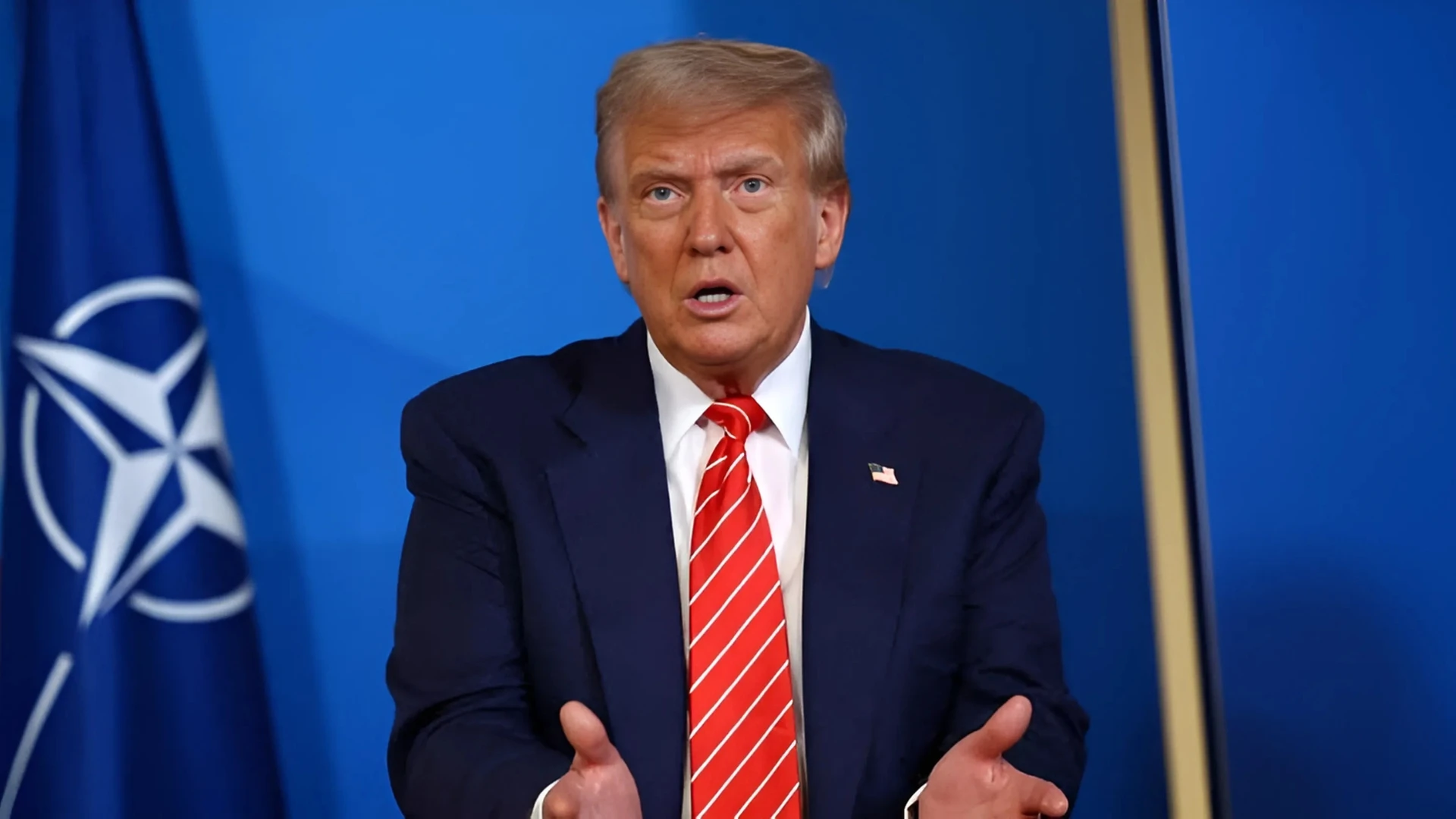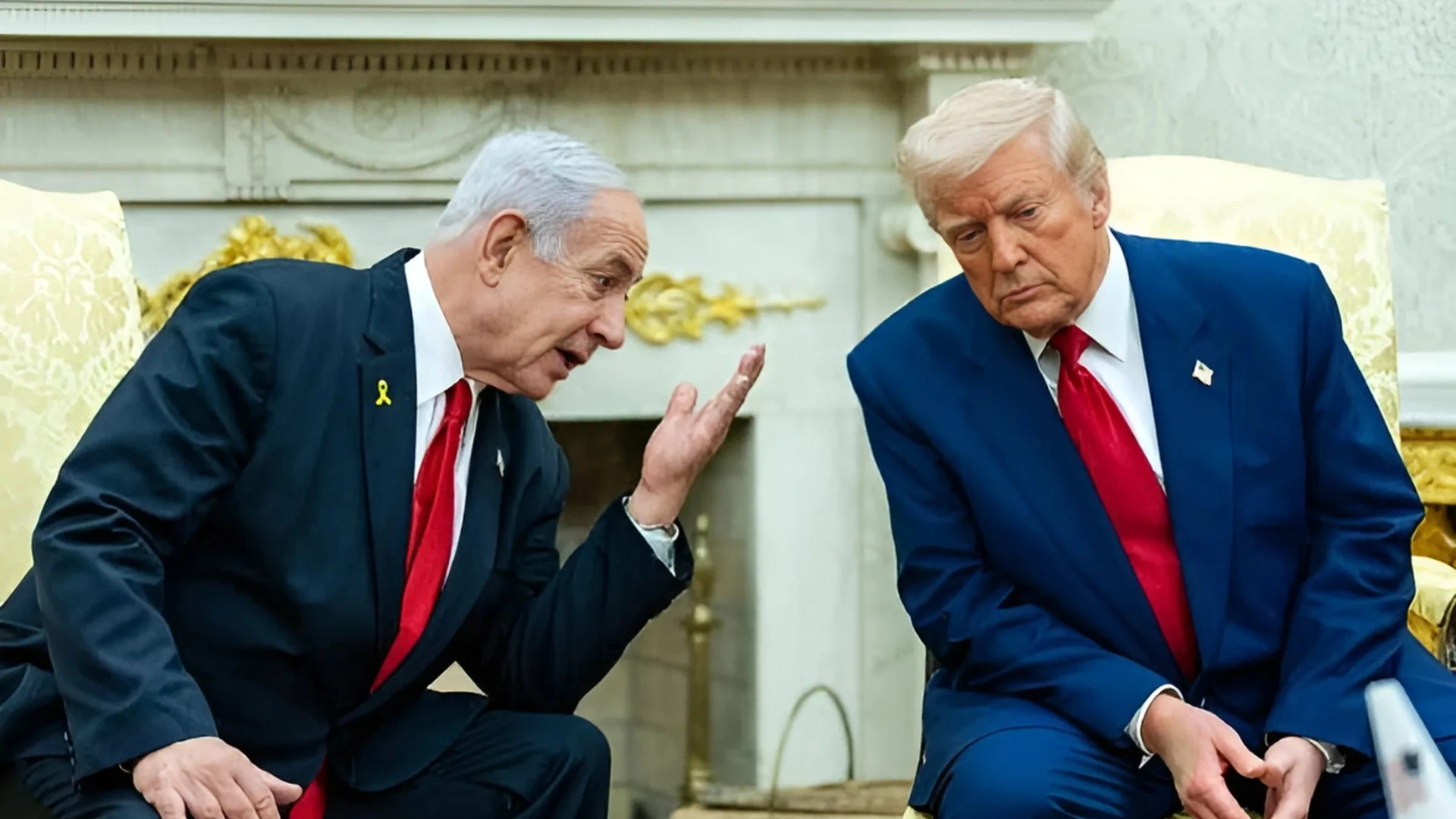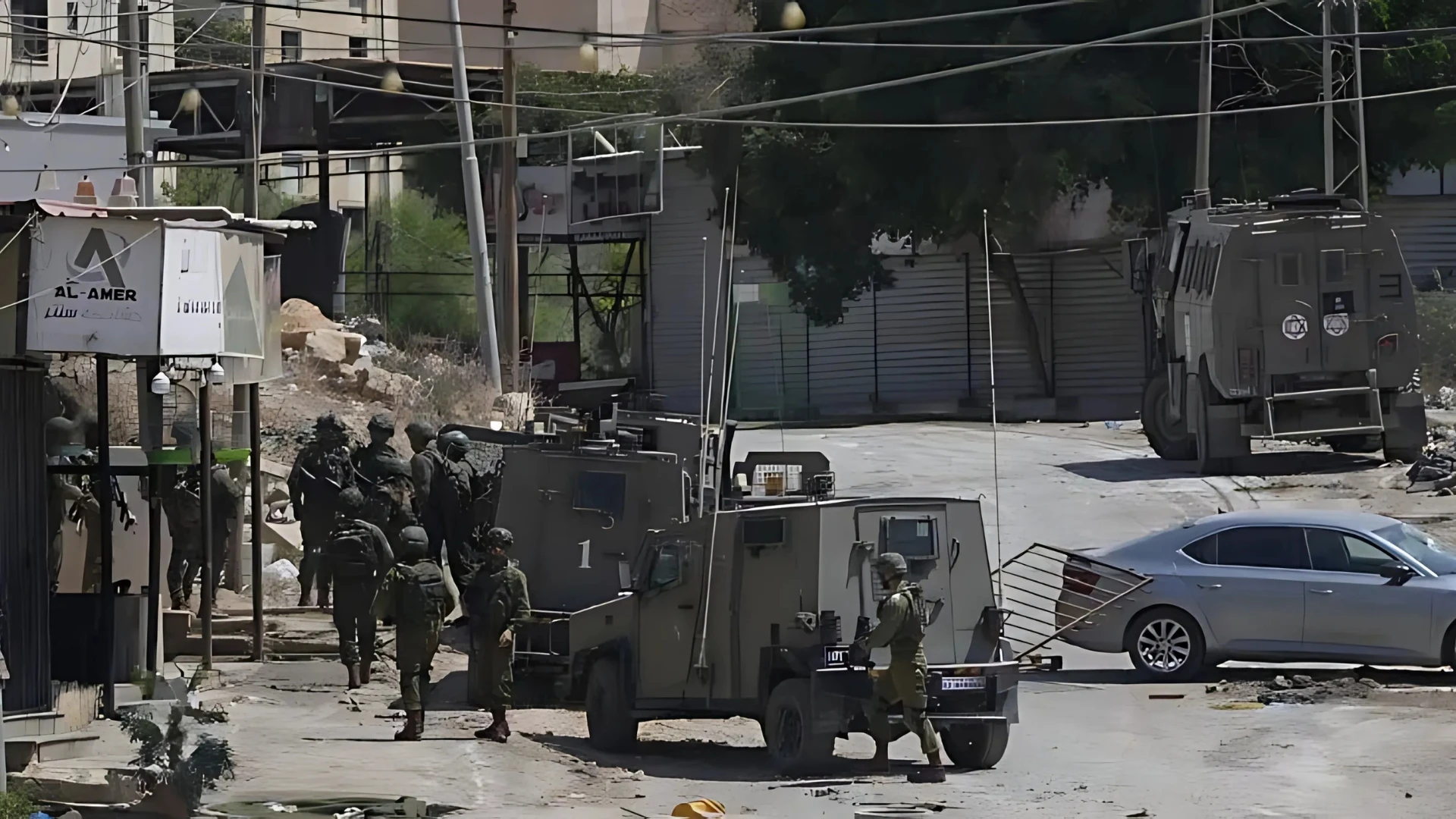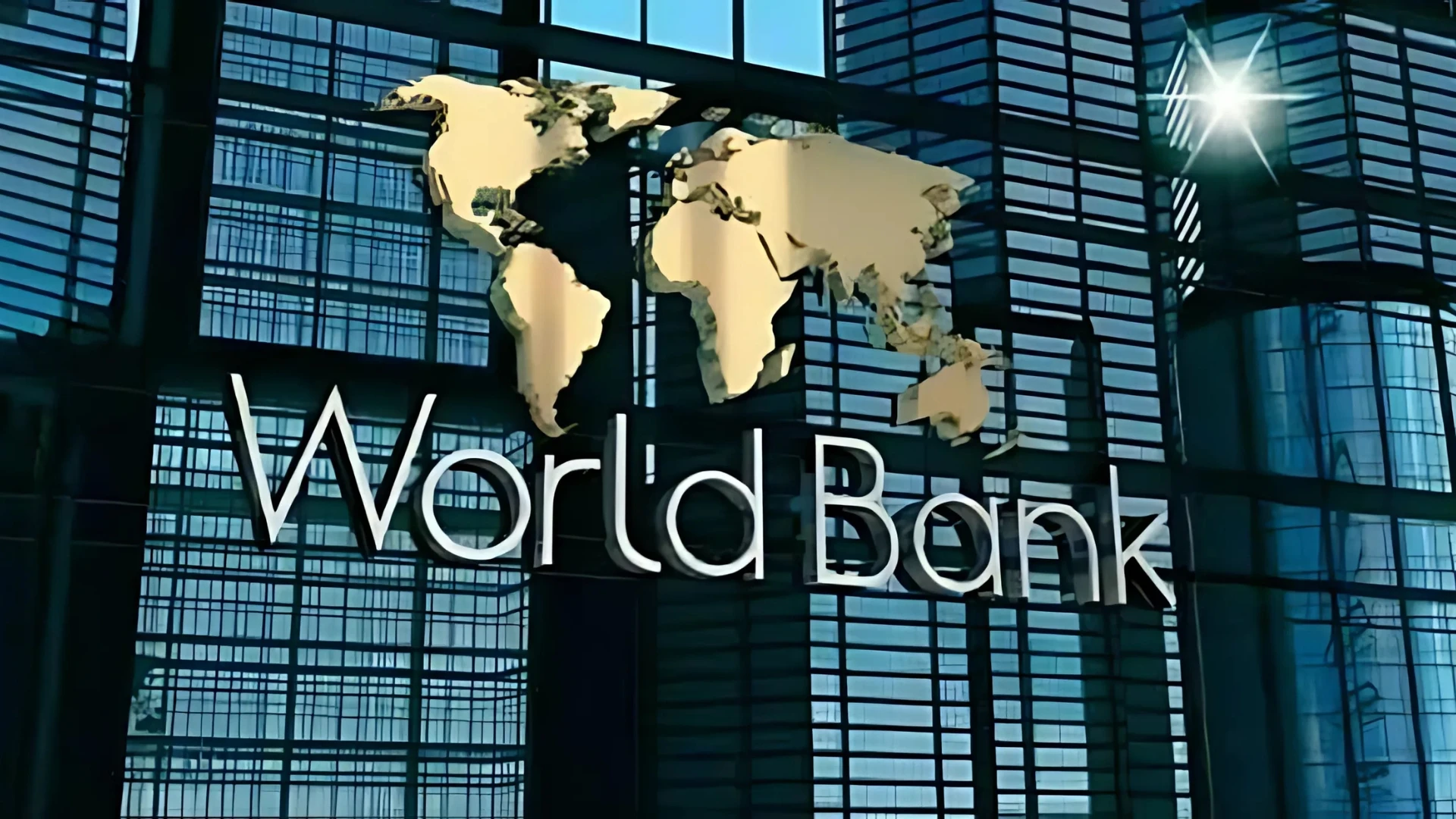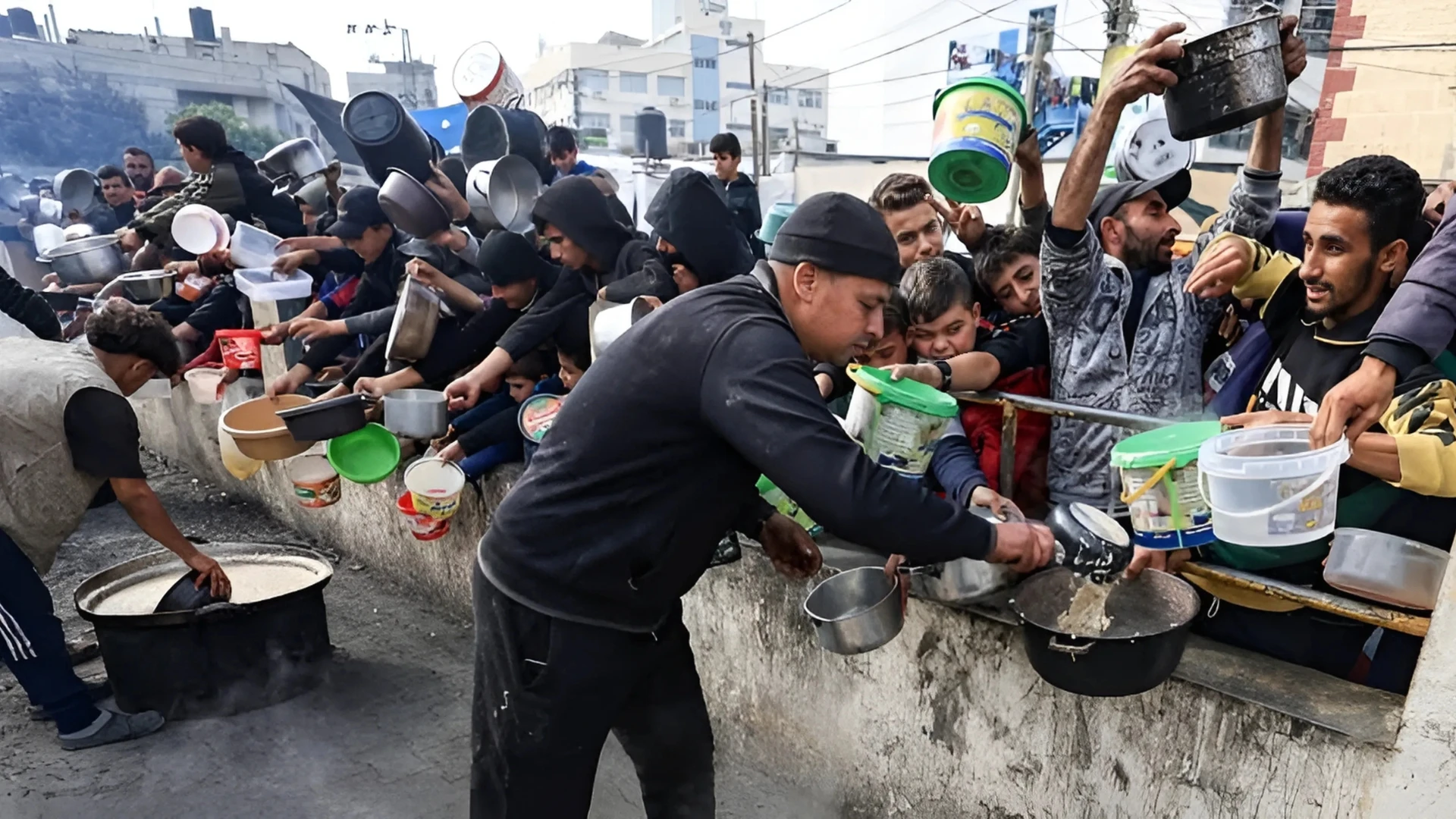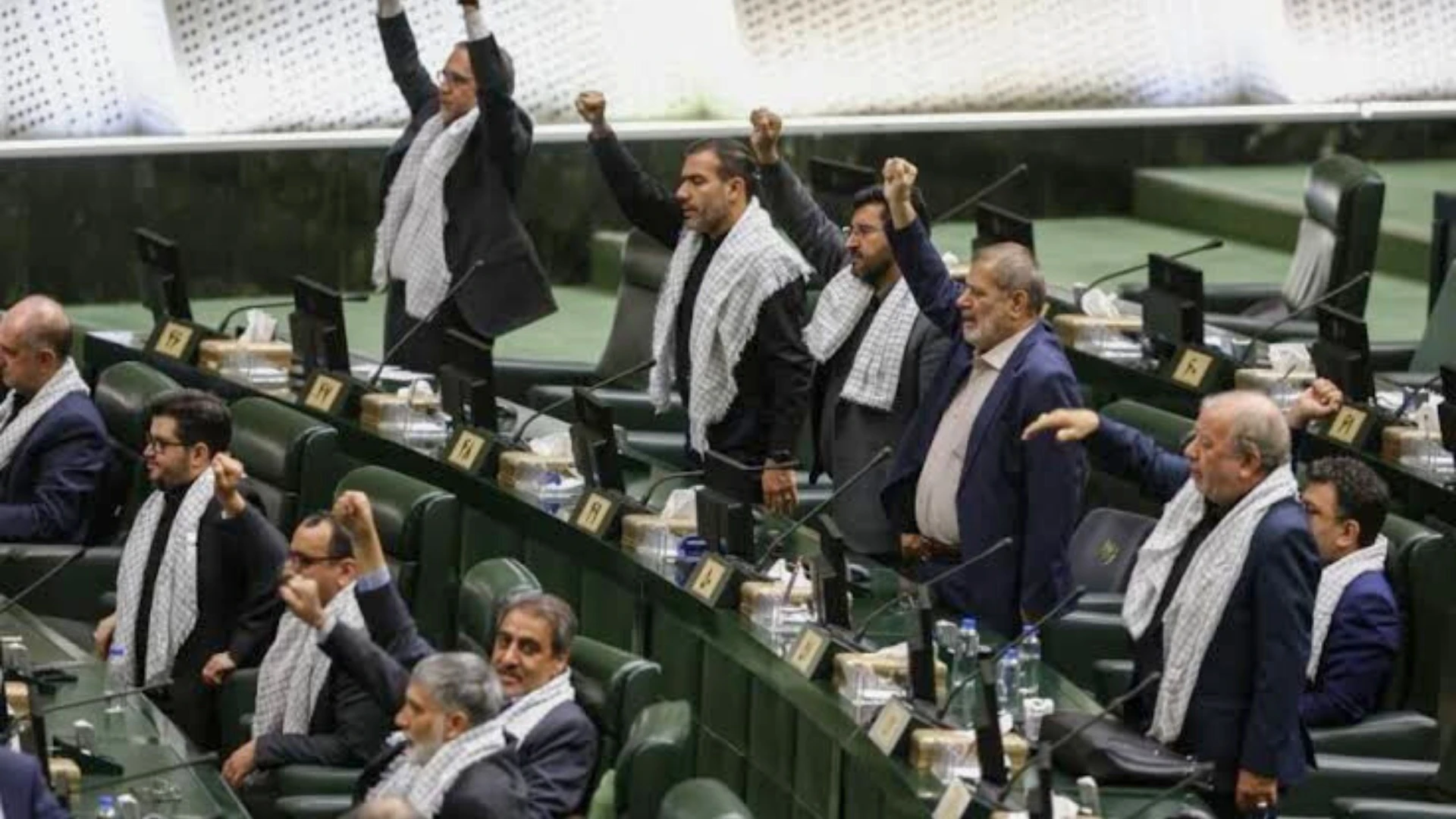The Hague: US President Donald Trump confirmed that American and Iranian officials are scheduled to hold talks next week over Tehran’s nuclear programme, following what he described as a decisive end to the recent war involving Israel.
Speaking after a NATO summit in The Hague on Wednesday, Trump credited the US military's involvement—specifically airstrikes on Iranian nuclear facilities using powerful bunker-buster bombs—for bringing the conflict to a close. “It was total destruction,” he said, calling the outcome “a victory for everybody.”
Despite initial assessments by the US Defense Intelligence Agency suggesting that Iran’s nuclear progress may have only been delayed by a few months, Trump was optimistic that Tehran would now turn away from its nuclear ambitions. “They want to recover. I don’t see them trying to enrich anything right now,” he stated.
The Israeli nuclear authority offered a more confident evaluation, claiming the strikes had set Iran’s nuclear capabilities back by several years. The White House shared this assessment, although Trump distanced himself from relying on Israeli intelligence alone.
The president remained cautious about expectations from the upcoming dialogue. “We’re going to talk. We might sign something. It’s not that important to me,” he said, but added that the US would act decisively if Iran attempted to restart its nuclear programme. “Militarily, we won’t let that happen,” he warned.
As life tentatively returns to normal in both Iran and Israel following their most intense military confrontation to date, the aftermath remains significant. Israel’s surprise offensive on June 13 resulted in the deaths of top Iranian military leaders and several nuclear scientists. Iran’s retaliation broke through Israeli defenses in unprecedented numbers, killing 28 people. Iranian authorities reported 627 fatalities and nearly 5,000 injuries, although independent verification is limited due to media restrictions.
Meanwhile, the head of the International Atomic Energy Agency (IAEA), Rafael Grossi, urged a focus on long-term engagement rather than short-term damage assessments. “The know-how and capacity remain,” he said, emphasizing the need to restore international inspections at Iranian facilities.
In Iran, the conflict has posed a critical challenge to the regime, especially as the nation considers a successor to the aging Supreme Leader Ayatollah Ali Khamenei. President Masoud Pezeshkian, a moderate who came to power last year, saw the crisis as a potential turning point. “This empathy between people and leadership is a chance for reform,” he said in a statement via state media.
Nevertheless, Iranian authorities responded with a show of strength. Three individuals accused of espionage for Israel were executed, and 700 others were arrested during the conflict, according to the state-linked Nournews agency.
Earlier in the war, both Trump and Israeli Prime Minister Benjamin Netanyahu hinted that the conflict could culminate in the collapse of Iran’s Islamic regime. But after the ceasefire, Trump walked back from calls for regime change. “I don’t want to see chaos. It’s time to calm things down,” he said.
The proposed talks now stand as a pivotal moment for regional diplomacy, with both nations weighing their next steps amid a fragile post-war calm.


